Blog by Andrew Conradi, ofs; JPIC & Laudato si’ Animator
who acknowledges and thanks the Lkwungen People, (of the place to smoke herring) also known as the Songhees and Esquimalt First Nations,
for allowing me to live, pray, work, and play on their lands.
| Pope Francis: “God will give us a new name, which contains the meaning of our entire life.” Canadian Cardinal Michael Czerny: "This name is a prayer. When we name the movement now, every time we name it, we're saying a prayer."
Watch the new name announcement video | Cardinal Czerny in front of Timothy Schmalz’s Angels Unawares |
New mission statement: “To inspire and mobilize the Catholic community to care for our common home and achieve climate and ecological justice.” Grounded in our Catholic identity, we are committed to “a new and universal solidarity” (LS 14), cultivating “fraternity and social friendship” with all humanity (FT 2).
The movement brings together a wide range of Catholic (1) organizations and (2) grassroots members from around the world. These members walk together in synodality and communion with the universal Church on a journey of ecological conversion. Seeking unity in diversity, organizational and grassroots members come together to pray, collaborate and mobilize in response to the “cry of the earth and the cry of the poor.”
Guided by a spirit of subsidiarity, when the time and context are right, they co-create or engage … on a wide range of initiatives to bring Laudato Si’ to life.” [i.e. “animate”] We are called to be “Contempl-activists”, cultivating a contemplative “ecological spirituality” (LS 216) and engaging in prophetic activism.
In faith and confidence, we walk forward in communion with our wider Catholic family, all people of goodwill, and every creature on our planet singing as we go, praising our beloved Creator, so that “our struggles and our concern for this planet never take away the joy of our hope” (LS 244).
SETTLEMENT AGREEMENT
(IRSSA, 2005/6)
What price reconciliation?
How to overcome the legacy of grief that comes from injustice?
Warning: Part 2 may cause discomfort even shame!
First: have remains of bodies been found? Let me quote Dr Sarah Beaulieu (anthropologist, University of the Fraser Valley) who did the research in Kamloops, BC. She said: “We can never say definitively that they are human remains until you excavate, which is why we need to pull back a little bit and say that they are probable burials.” She reduced the number from 215 to 200.
This is because the radar only reveals the location and shape of ground disturbance consistent with a child sized grave. I would add, strongly probable given the survivors oral evidence; and there are surely more nearby. To complicate things, in some places e.g Marieval, Sask, non-indigenous adults and children were buried in the same or contiguous cemeteries that have been barely maintained, if at all, and whose wooden crosses have disappeared or surface stone markers overgrown.
Second: the children at these schools mostly died from the same causes as non-Indigenous children at the time though at a much higher rate. Their deaths were not just a Catholic but a national crime and not murder, but rather exacerbated by neglect and the horrific conditions revealed by Dr Bryce.
via Marzio Apolloni (with thanks)
However, let us remember, as Archbishop Bolen of Regina said: “There are many important questions about who was fundamentally responsible for residential schools and why were they allowed to function for so long. Stories have surfaced about efforts from 100 years ago to name and put a stop to the disastrous consequences of the residential school policy, drawing attention to voices that should have been heeded. In the society at large and in the Church there were voices that said this was wrong, this should stop or at the very least, we should stop being complicit in what is happening here. Those voices haunt us now." [Indeed! That last sentence is an understatement!]
Archbishop Bolen noted: "Chief Cadmus Delorme [a Cree and Saulteaux, currently Chief of the Cowessess First Nation on whose reserve the Marieval Indian Residential School operated from 1898 to 1997 in the Qu'Appelle Valley, Saskatchewan] has commented how Indigenous and Church people of today have inherited the present situation. I quote, 'Nobody today created residential schools. Nobody today created the Indian Act. Nobody today created the ’60's scoop. We all inherited this.' It’s helpful for us to hear that. But it is for us to rise to the occasion to be instruments of healing and reconciliation."
Archbishop Bolen added: "It doesn’t help when either the Church or the government deflects their proper responsibilities. With this in mind, we are working earnestly to support healing and reconciliation through this province-wide appeal." The appeal to which he referred is mentioned below.
In a tweet of 16 June, Bishop Scott McCaig, CC, Ordinary of the Canadian Armed Forces, succinctly summed up exactly where the Church went wrong, very wrong: “The Church should not have participated in government policy of residential schools. It contradicted our teaching on inculturation and supporting what is good, true and beautiful in a culture. It opposed subsidiarity and centrality of family. May we never sacrifice Gospel principles again.”
First Nations, Inuit and Métis?
If money talks then sadly not much. But this is now changing.
[And the same can be said of the Government of Canada].
The bottom line for the Canadian Catholic Church: it must to do the right thing and pay the full amounts promised to residential school survivors in 2005 as part of a settlement. At one time, the Catholic Church was the only church refusing to pay its 30 per cent share of survivors' claims. It finally agreed but insisted on including an escape clause for the final $25M. The Indian Residential Schools Settlement Agreement (IRSSA, 2005) was long and complex, so two words inserted into a Catholic side deal got little attention back in 2006. But those two words - "best efforts" - are at the heart of what amounts to a multimillion-dollar renege or betrayal. The IRSSA stated that the Catholic groups that ran the residential schools − the "Catholic entities" − were required to pay a total of $79 million for abuses suffered by survivors.
| Renowned Canadian sculptor Timothy Schmalz’s newest creation is called Residential School and crafts a classroom with a lone Indigenous girl sitting at one of 14 desks — representing Canada, each province and territory — resting her head with a feather in her hand. Photo: Timothy Schmalz (Schmalz builds as others tear down, Quinton Amundson, Catholic Register, 15 July 2021) |
Have these commitments been met?
In 2015, the Catholic Entities and the federal government disagreed on whether the first commitment of $29 million had been met. Arbitration in a Saskatchewan court ruled that final payment of $1.2 million was owed, so the Catholic Entities paid that money and the judge ruled that all their financial obligations had been met. N.B.: it was the Government of Canada, not the First Nations, Inuit or Métis which released the Catholic Church! Now that is colonialism! It was legal but was it just?
The second commitment required the Catholic Entities to provide $25 million of in-kind health, well-being and community services between 2007 and 2017. By 2014, the Catholic Entities had delivered nearly $30 million to community-based projects. Those services continued after 2014, even though the legal commitment had already been met. But as of 26 July 2021, a Church documentation claiming this is sitting inside a Regina courthouse, but officials are refusing to release it.
Mayo Moran, a former dean at the University of Toronto's law faculty, who served as independent compensation committee chair for the landmark Indian Residential Schools Settlement Agreement of 2005, says all parties involved in the 2005 residential school settlement, including the courts, should do everything possible to be open and accountable to survivors. "We need to do everything possible to give survivors the information they deserve.... Do it. Do it quickly. Don't make it more painful for individuals that have already suffered so much."
It is the third legal requirement that was not met, falling $21M short.
With a board of Church and Indigenous leaders including Mary Simon, the recently appointed Governor General, and former Assembly of First Nations Chief Phil Fontaine, the “best efforts” campaign was launched into the teeth of the 2008 stock market crash and the Great Recession.
While KCI [the corporation hired to fundraise] tried to sign on corporate Canada and large donors, most Canadians, including Catholics, did not know the campaign was going on and at that time were unaware of the history of the schools. When the campaign, in desperation, turned to a pew collection in 2013, only 14 dioceses (out of over 70) participated.
After seven years, and having spent $2 million (which would be standard if the campaign had indeed raised $25 million) with little to show in return, Moving Forward dismissed KCI and decided to hold a special national collection across the country. It was taken up in parishes on 8 Dec 2013, including in dioceses which never operated residential schools.
Again the timing was unfortunate: the envelopes hit the pews just a week after Typhoon Haiyan swept through the Philippines. The Canadian Catholic Organization for Development and Peace raised over $13 million for rebuilding projects in the Philippines. This was before the Truth and Reconciliation Commission Report was published online 24 Sept 2015.
Let me cite an example of fundraising and ask if it shows a lack of awareness, indifference or imbalance amounting to (forgive my bluntness) an appalling selfishness? While the Roman Catholic Diocese of Saskatoon (which itself never operated an Indian Residential School but signed on voluntarily) and its 80,000 members spent $28.5 million on a new second cathedral (they already had one), they raised just $34,650 for Indian Residential School survivors. The story was similar in other cities. Canada's 12 million Catholics donated less than $4 million of the promised $25 million — roughly 30 cents per person.
After several years, the Government of Canada told the Catholic Church to pay up. Instead, church officials hired one of Canada's top lawyers, Gordon J. Kuski, QC who charged his normal rates, and in a private court hearing, successfully argued that the country's Catholic churches had tried their best and had no more to give and instead offered $1.2M to settle. On 16 July 2015, after a secret hearing the previous month, Justice Neil Gabrielson sided with the Catholic Church, saying the federal lawyer wasn't clear enough in his opposition to the Church’s proposal and a "reasonable person" would conclude a deal had been struck.
Retired Saskatoon Catholic priest and Member of the Order of Canada, André Poilièvre, 85, spoke out against the church to the CBC, saying he's ashamed it used a legal "loophole" to escape its $25-million promise to residential school survivors. "We were complicit with the government in the design, the implementation and the management of these schools … As a Catholic church, we were responsible. We need a collective, corporate response. …It's scandalous, really shameful. It was a loophole. It might be legal, but it's not ethical."
Mary Ellen Turpel-Lafond is a member of the Muskeg Lake Cree Nation north of Saskatoon, a former Saskatchewan provincial court judge and current Director of the University of British Columbia's Indian Residential School History and Dialogue Centre. She studied the case closely once the results were made public. She said the church betrayed survivors by using high-priced lawyers. She said: "They manipulated the legal system to their advantage. They found a legal back door. I know how that works out when it comes to issues for Indigenous people in Saskatchewan, and in Canada. …They [the church] should go back. They should raise the money, and then some. There is a spiritual and moral deficit here."
University of Calgary law professor Kathleen Mahoney, who helped craft the IRSSA while working for the Assembly of First Nations, also said she was disgusted. "They relied on these highly technical arguments. It may have worked, but it's not very honourable. It's not moral. It's not ethical," Mahoney said. She also said it's ludicrous for the Catholic churches to claim they couldn't find the money.
That is why I say shame on the Church.
But there is hope...
That is why I say shame on the Church. But there is hope: clerical, religious and lay awareness has grown due to the rediscovery and publicity over the unmarked gravesites and change is coming.
St Francis of Assisi eventually realised that the command “Go rebuild my house” did not refer to physical buildings but the spiritual building of the people of God. So what? Surely so that they would act justly and keep promises and not renege.
This is a story about the failure of Catholics and their leaders to respond to their role in the federal government’s scheme to erase Indigenous culture and assimilate Indigenous children into white society, said Grouard-McLennan Archbishop Gerard Pettipas. “This was not seen as an issue that was felt equally among the bishops,” he said. “There were those of us who were signatories to IRSSA and those who were not.”
Archbishop Pettipas wants to look ahead now that Catholics are fully aware of what was learned from the hearings and 2015 report by the Truth and Reconciliation Commission. “Over the last month, I would say there has been a much stronger engagement, even of faithful Catholics, faithful Catholics who are upset, very upset. … They expect us to do more.” Pettipas believes a more national and unified Catholic response is now necessary. “The reality is that we are independent corporations. That’s true,” he said. “Does that mean that it’s impossible for us to work together as a bishops’ conference?”
“Love thy neighbour” is a key Christian ethic. However, in view of the failure to pay what was originally promised by our senior Canadian Catholic officials, because of the “best efforts” escape clause many grassroots laity are saying we, i.e. dioceses and parishes supported by laity that had no part in operation of the schools, must step up and pay what the Catholic entities originally promised. Some said individuals could divert parish donations in all or in part to organisations that help indigenous people (or to the renewed diocesan appeals). I support that and am going to do just that.
A national lay effort to raise funds and awareness for reconciliation is rising up out of the grassroots of the Catholic Church in Canada. Catholics for Truth and Reconciliation is a group that began as a Facebook discussion forum following the recent publicity of unmarked graves, and quickly grew to over 2,000 subscribers. It launched an appeal to all Canadians to raise funds and embrace the Calls the Action set out in the 2015 Truth and Reconciliation Commission report. “It’s very important to do this now,” Jody Garneau , one of the group’s founders, told The Catholic Register. “There’s an immediacy.”
As to the Government of Canada, Tasha Kheiriddin in the National Post, 7 July 2021, wrote: “Federal Government spent nearly $100 million over the last three years fighting indigenous communities in court - more than Stephen Harper’s Conservative government over the same time span – despite the promise to reject this “adversarial and “profoundly damaging” approach.” On the other hand, in January 2020 the federal government announced $200 million in funding for “Legacy Projects” related to residential schools, and in June 2021 announced $50 million to fund the new Day Scholar Revitalization Society. As of December 31, 2020, more than $1.82 billion of targeted funds has been allocated to support 694 water and wastewater projects in 581 First Nations communities of which 393 are complete. In December 2020, the Government of Canada announced an additional $1.5 billion to help accelerate the work being done to end all long-term drinking water advisories.
The Catholic groundswell got the bishops’ attention. The Saskatchewan and British Columbia Bishops and Archdiocese of Toronto have announced that they will renew fundraising. These renewed efforts to do the right thing give me hope. Here are four with links to online donation info: Saskatchewan dscf.ca/catholic-trc-healing-response. Vancouver will hold an Archdiocesan-wide Second Collection on the weekend of September 11/12. Donations can be made online here: https://support.rcav.org/archdiocese/archbishops-priorities/donate-to-bc-bishops- appeal/.
Toronto online through community.archtoronto.org, by phoning 416-934-3411, or through any church in the archdiocese. Surely more dioceses will participate e.g. Calgary. You can check your own diocesan website as more come on board.
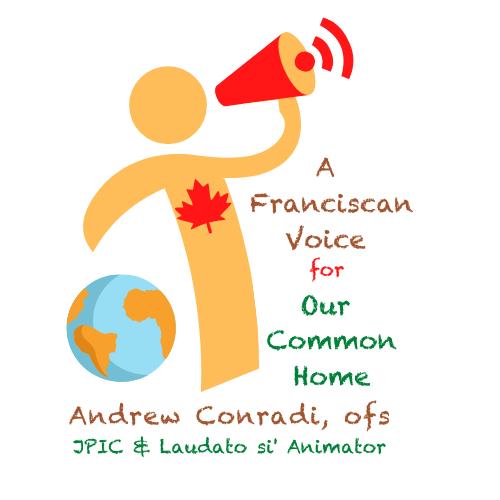

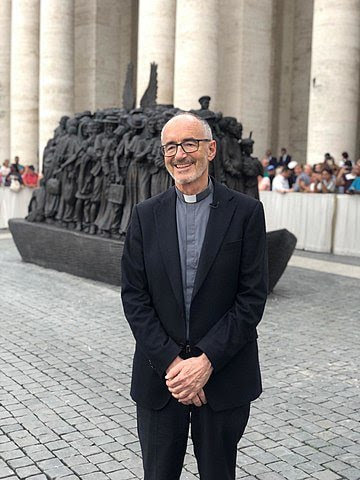
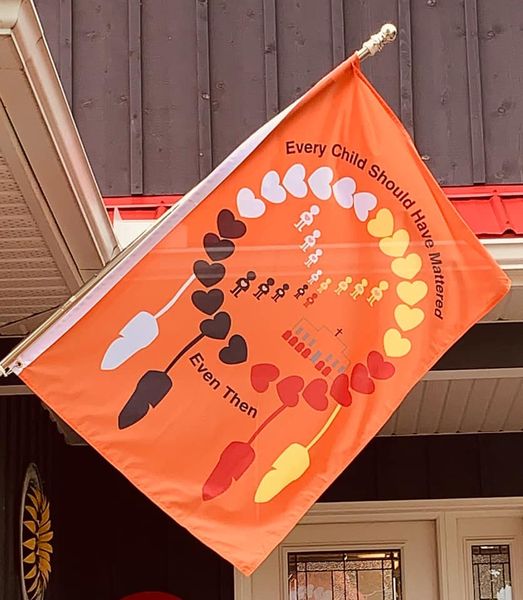
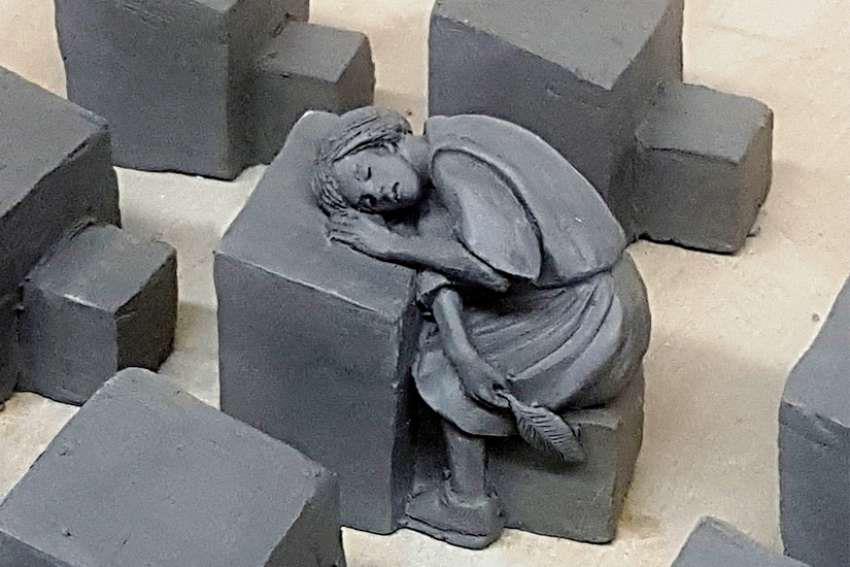
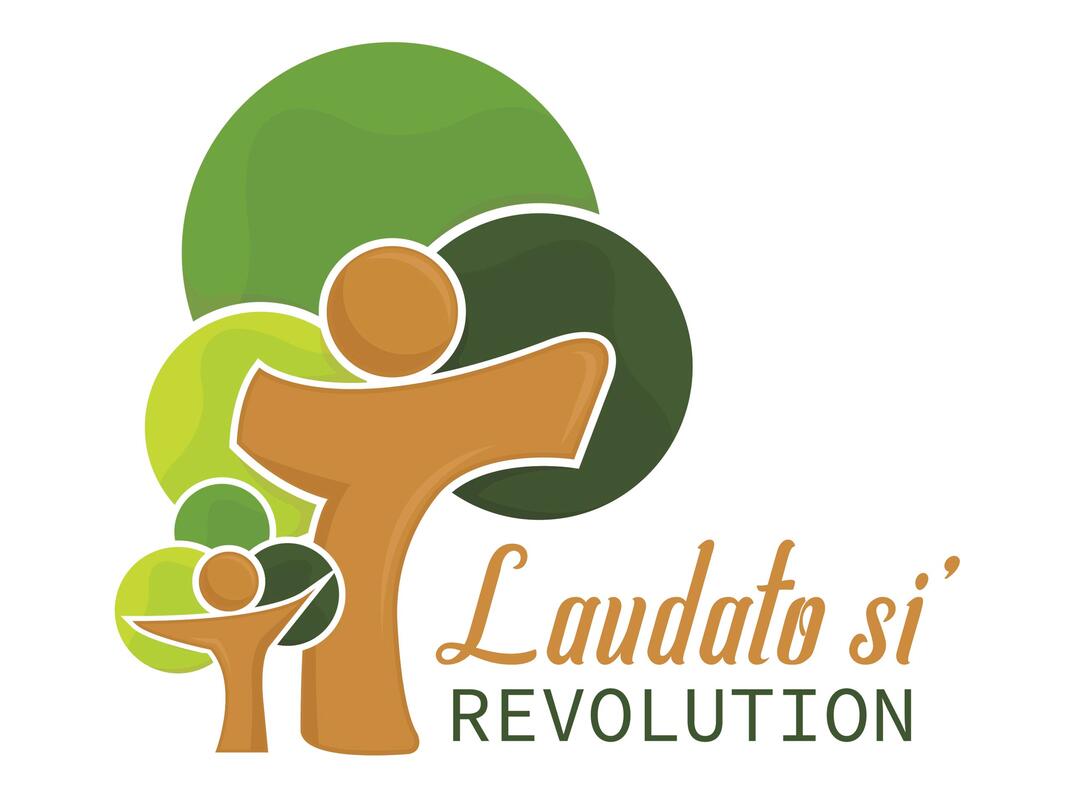
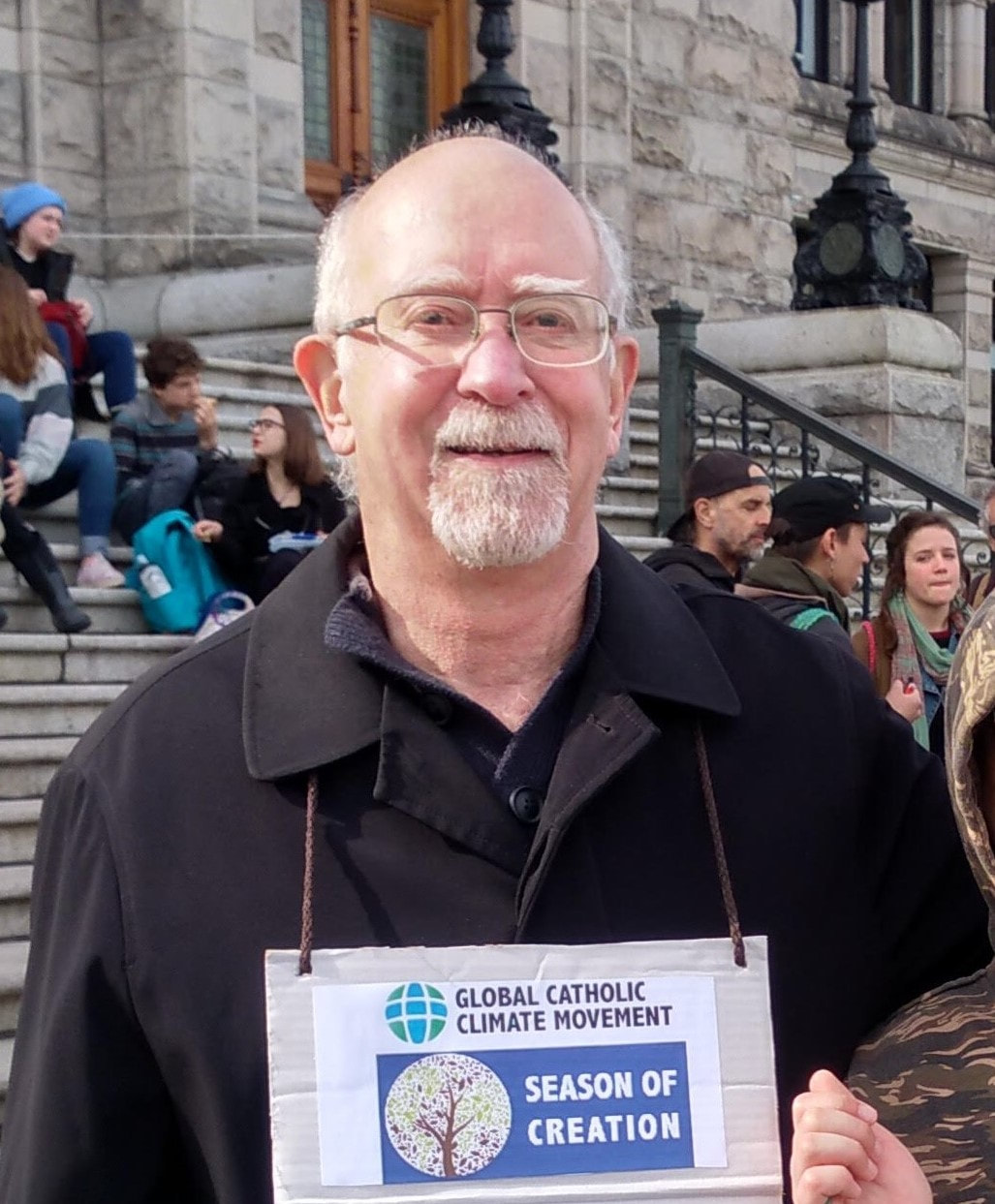

 RSS Feed
RSS Feed